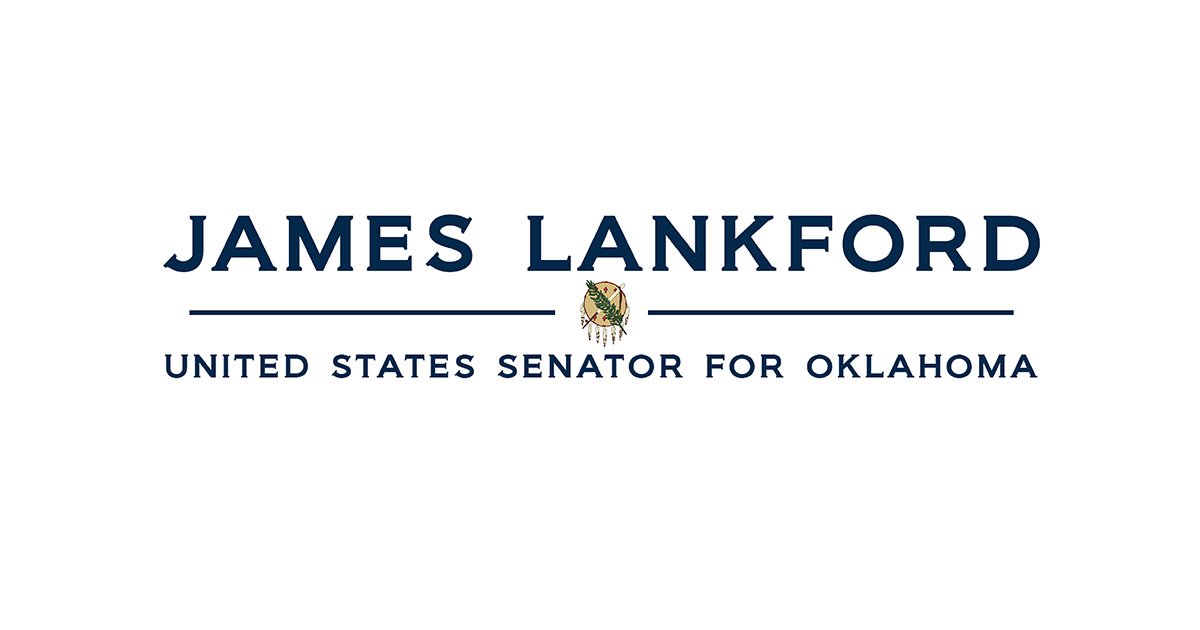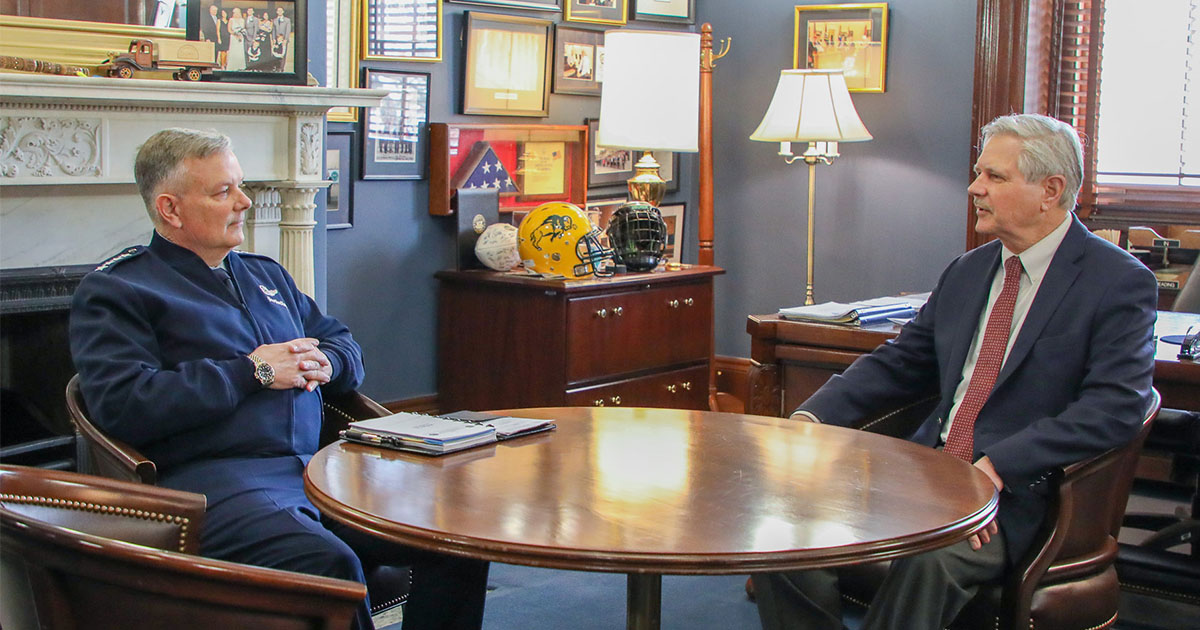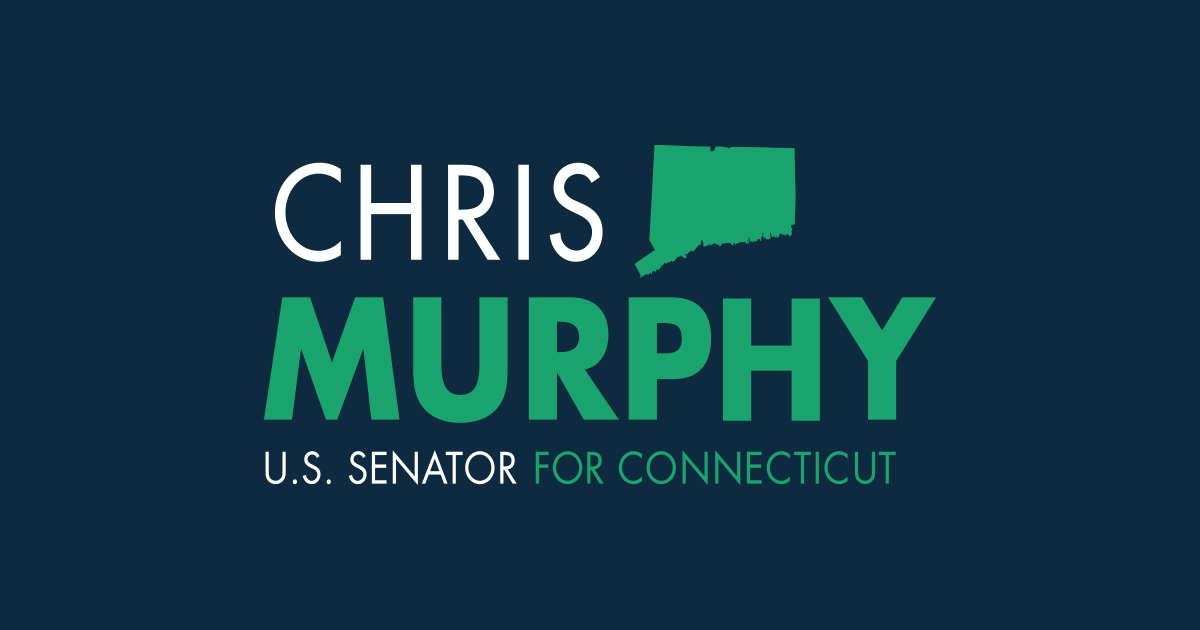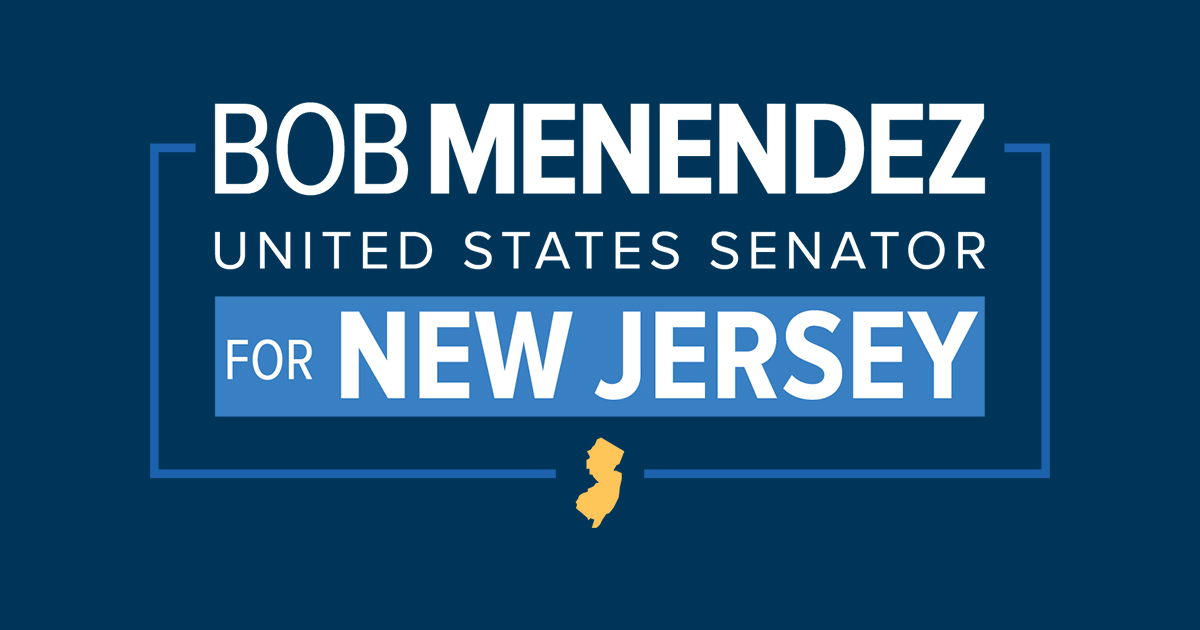Source: United States Senator for New Jersey Bob Menendez
WASHINGTON, D.C. – U.S. Senator Bob Menendez (D-N.J.), alongside Sens. Jack Reed (D-R.I.), Elizabeth Warren (D-Mass.), Sherrod Brown (D-Ohio), and Mark Warner (D-Va.), led an effort urging financial institutions and regulators to help people keep their hard-earned cash safe from fraud and scams, especially as scammers find new ways and employ sophisticated schemes to dupe customers using instant peer-to-peer payment systems like Zelle to send money on the platform under fraudulent pretenses.
“We write to urge your agencies to take several specific steps to protect consumers who use the nation’s largest instant payment app from falling victim to scams and fraud. In particular, we urge the Federal Reserve Board, Federal Deposit Insurance Corporation, National Credit Union Administration, and Office of the Comptroller of the Currency (OCC) to closely review and examine the customer reimbursement and anti-money laundering (AML) practices of depository institutions that participate in the Zelle network,” wrote the senators to the four agencies responsible for supervising financial institutions.
Further, the Senators are urging the OCC and Federal Reserve Board to more rigorously examine Early Warning Services, LLC (EWS) on an ongoing basis in coordination with the Consumer Financial Protection Bureau (CFPB). EWS operates the Zelle network and is owned by seven of the Nation’s largest banks, including Bank of America, Truist, Capital One, JPMorgan Chase, PNC Bank, US Bank and Wells Fargo.
In the letter, the lawmakers noted that although Zelle is marketed as a convenient and inexpensive way to transfer money within the supervised banking system, its model has opened the door to fraud and scams on a tremendous scale.
“As the federal regulators of the seven banks that own and operate Zelle, as well as the 1,800 depository institutions that participate in the Zelle network, you have authority to supervise their activities to ensure they comply with key consumer protection and AML laws, including the Electronic Fund Transfer Act (EFTA) and the Bank Secrecy Act (BSA),” added the senators. “Supervision for compliance means ensuring that neither EWS nor other regulated institutions that make Zelle available to millions of Americans engage in practices that would increase the risks to the safety and soundness of those institutions.”
Sens. Menendez, Reed, Warren, Brown, and Warner also warned that if bank or credit union communications lead customers to expectations of safety that are not met, it can create real risk of unfair, deceptive, or abusive practices for both customers and banks and credit unions.
“We believe the agencies should do more to examine depository institutions’ risk management when they receive fraudulent Zelle payments in order to protect our Nation’s payment systems from abuse by criminals,” emphasized the senators. “In addition, ongoing supervision of EWS is particularly important to protect consumers. That’s why we urge the OCC and Federal Reserve Board to use their existing authority under the National Bank Act and the Bank Holding Company Act to directly examine EWS on an ongoing basis. This examination should evaluate safety and soundness risks as well as the company’s compliance with consumer protection and AML laws.”
Find a copy of the letter HERE and below:
Dear Vice Chair Barr, Chairman Gruenberg, Chairman Harper, and Acting Comptroller Hsu:
We write to urge your agencies to take several specific steps to protect consumers who use the nation’s largest instant payment app from falling victim to scams and fraud. In particular, we urge the Federal Reserve Board, Federal Deposit Insurance Corporation, National Credit Union Administration, and Office of the Comptroller of the Currency (OCC) to closely review and examine the customer reimbursement and anti-money laundering (AML) practices of depository institutions that participate in the Zelle network. We also urge the OCC and Federal Reserve Board to examine Early Warning Services, LLC (EWS) on an ongoing basis. EWS operates the Zelle network and is owned by seven of the Nation’s largest banks. Finally, we urge the agencies to coordinate their supervisory approach with the Consumer Financial Protection Bureau.
Although Zelle is marketed as a convenient and inexpensive way to transfer money within the supervised banking system, its model has opened the door to fraud and scams on a tremendous scale. As the federal regulators of the seven banks that own and operate Zelle, as well as the 1,800 depository institutions that participate in the Zelle network, you have authority to supervise their activities to ensure they comply with key consumer protection and AML laws, including the Electronic Fund Transfer Act (EFTA) and the Bank Secrecy Act (BSA). Supervision for compliance means ensuring that neither EWS nor other regulated institutions that make Zelle available to millions of Americans engage in practices that would increase the risks to the safety and soundness of those institutions.
We raise these concerns about safe and sound operation of Zelle because depository institutions currently take the position that they are under no obligation under the EFTA to make their customers whole when fraudsters use the network to steal their hard-earned money. Instead, depository institutions appear to have forced their customers to foot the bill in the vast majority of these circumstances, often relying on ambiguity over whether a payment is classified as “authorized,” “unauthorized,” or an “error” to avoid reimbursing customers who have been victims of fraud.
When banks or credit unions participating in Zelle evade responsibility for reimbursing their customers if they are fraudulently induced to send money to scammers through the app, those customers may lose confidence in their depository institution for offering a product that places their money at risk. On a wide scale, such a loss of confidence could weaken a depository institution’s financial condition. Additionally, there is risk of unfair, deceptive, or abusive practices if bank or credit union communications lead customers to expectations of safety that are not met.
Risks can also arise when banks or credit unions are on the receiving end of Zelle payments. They may run afoul of AML laws when they do not adequately know their customers, screen out stolen or synthetic identities, or monitor accounts for unlawful use. We believe the agencies should do more to examine depository institutions’ risk management when they receive fraudulent Zelle payments in order to protect our Nation’s payment systems from abuse by criminals.
In addition, ongoing supervision of EWS is particularly important to protect consumers. That’s why we urge the OCC and Federal Reserve Board to use their existing authority under the National Bank Act and the Bank Holding Company Act to directly examine EWS on an ongoing basis. This examination should evaluate safety and soundness risks as well as the company’s compliance with consumer protection and AML laws. If the agencies uncover any unsafe or unsound practices, or uncover any legal violations, those deficiencies must be addressed promptly.
Finally, if the banking agencies do not believe existing laws provide authority sufficient to examine EWS for all of its activities, we request your views on how to close that regulatory gap. The company is a financial market utility that provides payments infrastructure to millions of American households and businesses. The company also receives vast amounts of financial data, which could pose new and emerging risks to consumers if not properly restricted and secured. Maintaining the public’s confidence in the safety and security of EWS’s infrastructure is important to the health of the real economy.
We appreciate your attention to this important matter and look forward to your prompt reply.
Sincerely,
###





